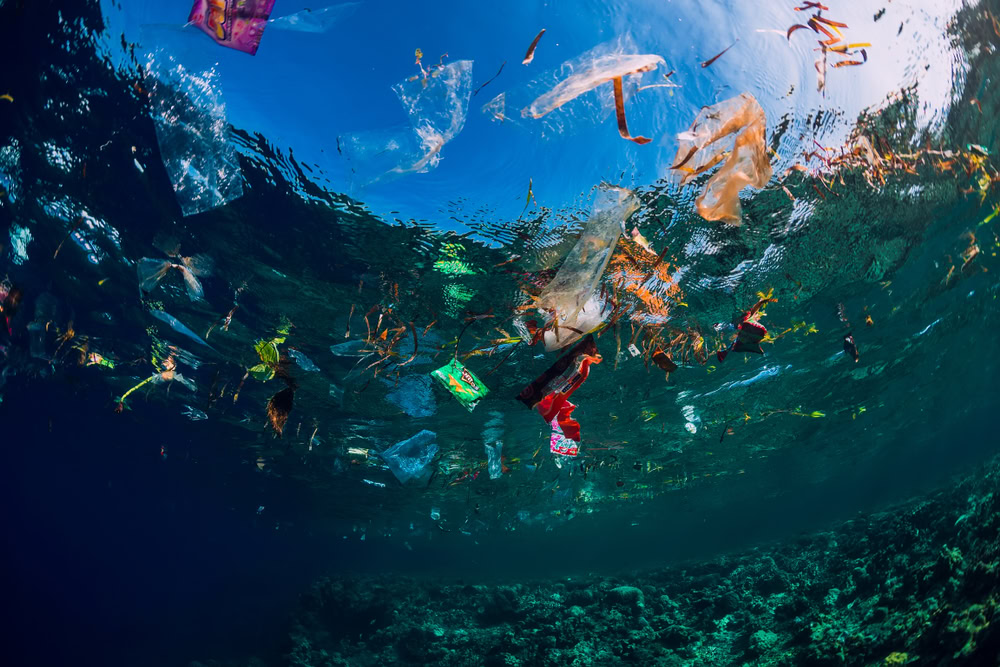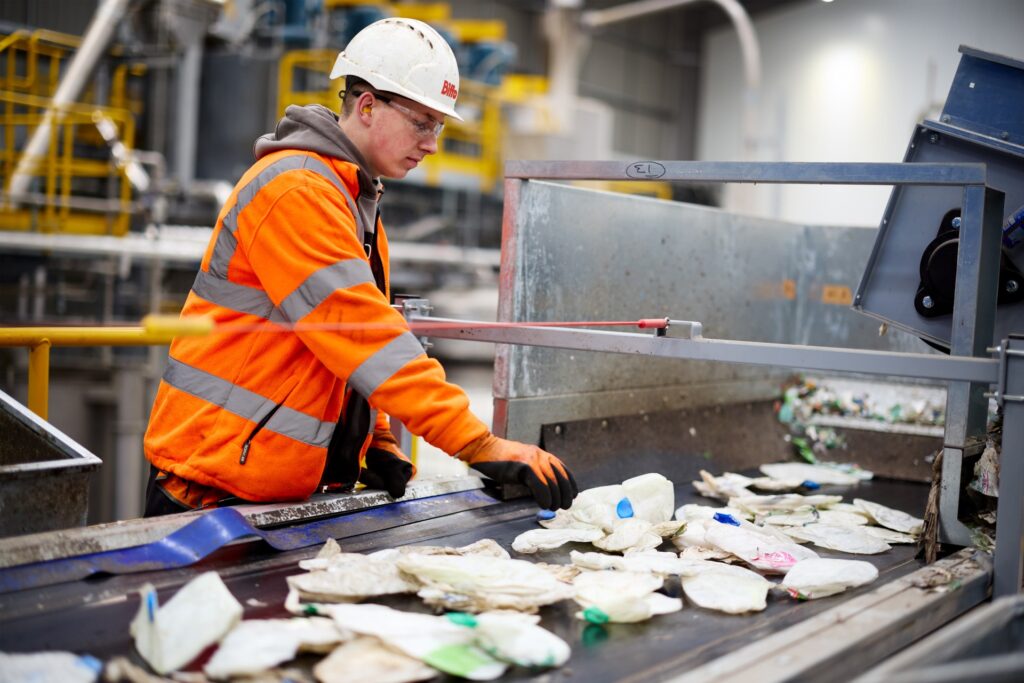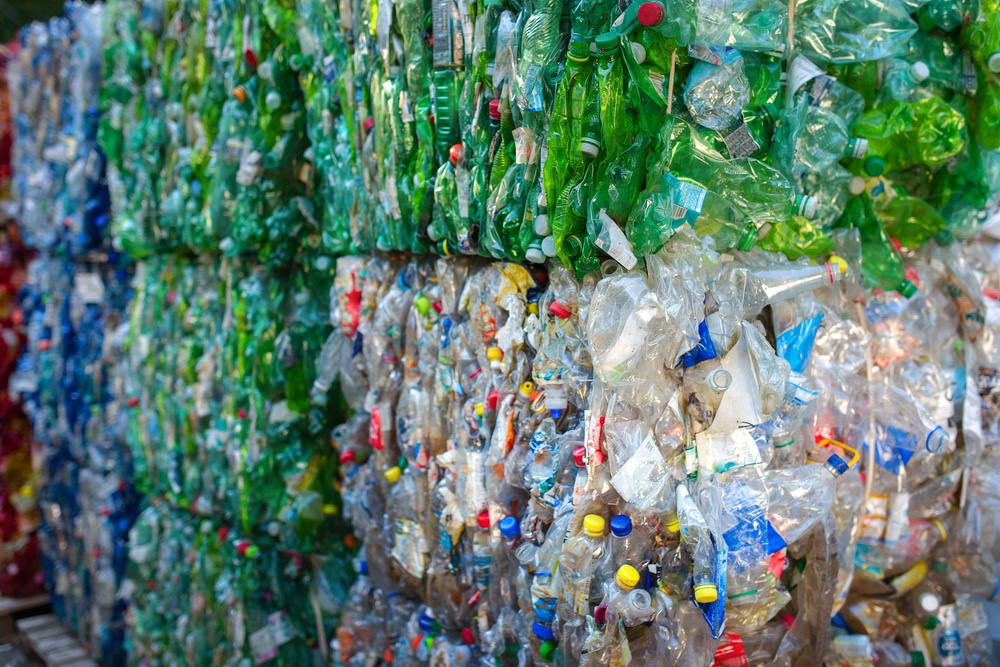The initiative is expected to prevent 500 million PP cups from entering the ocean, waterways and the open environment each year.
Raffi Schieir, Director of Prevented Ocean Plastic, commented: “My hope is that we can grow this model in every at-risk costal community, so all types of plastic are seen as valuable, and nothing discarded gets left behind.”
Food-safe PP recycling chain
Collection of these plastics is carried out by Prevented Ocean Plastic’s franchise model in coastal communities, supported by Circulate Capital-backed programmes in Indonesia.
Collected PP is sorted and washed locally before being processed by PETMAN using Starlinger Viscotec technology to produce food-safe recycled PP.
Dondi Hananto, Associate Partner Southeast Asia and Head of Indonesia, Circulate Capital said: “We’re proud to support an ecosystem that brings collectors, recyclers, and brands together to tackle even hard-to-recycle plastics like polypropylene.
“Starting in Indonesia, this milestone shows how collaboration can drive systemic change across global supply chains.”
Bantam Materials will then supply the outputs to manufacturers, including early adopters Innovia, producing BOPP flexible films, and Spectra, which will mould bottles and caps.
Neil Hudson, Technology Expert in Recycling and Sustainability at Innovia Films, said: For Innovia a source of EU food contact approved polypropylene (PP) from a mechanically recovered post-consumer source is a game changer.
“We can now make films for label and flexible packaging in the food and beverage space and contribute to circularity and sustainability.”
Gavin Chenery, Commercial Director at Spectra Packaging, added: “This milestone proves circularity without compromise, enabling our customers to lift recycled content at scale with confidence, while keeping existing PP formats, tooling and the consumer experience unchanged.”
Next step: HDPE
While recycling rates for PET, the material used in plastic drinks bottles, have improved in recent years, other polymers such as PP remain harder and costlier to recycle at scale.
Prevented Ocean Plastic suggested that the new supply chain demonstrates that PP can be properly collected, incentivised and transformed into food-grade packaging.
The company is also looking to expand the model to other hard-to-recycle materials, with HDPE flagged as the next focus.









Subscribe for free